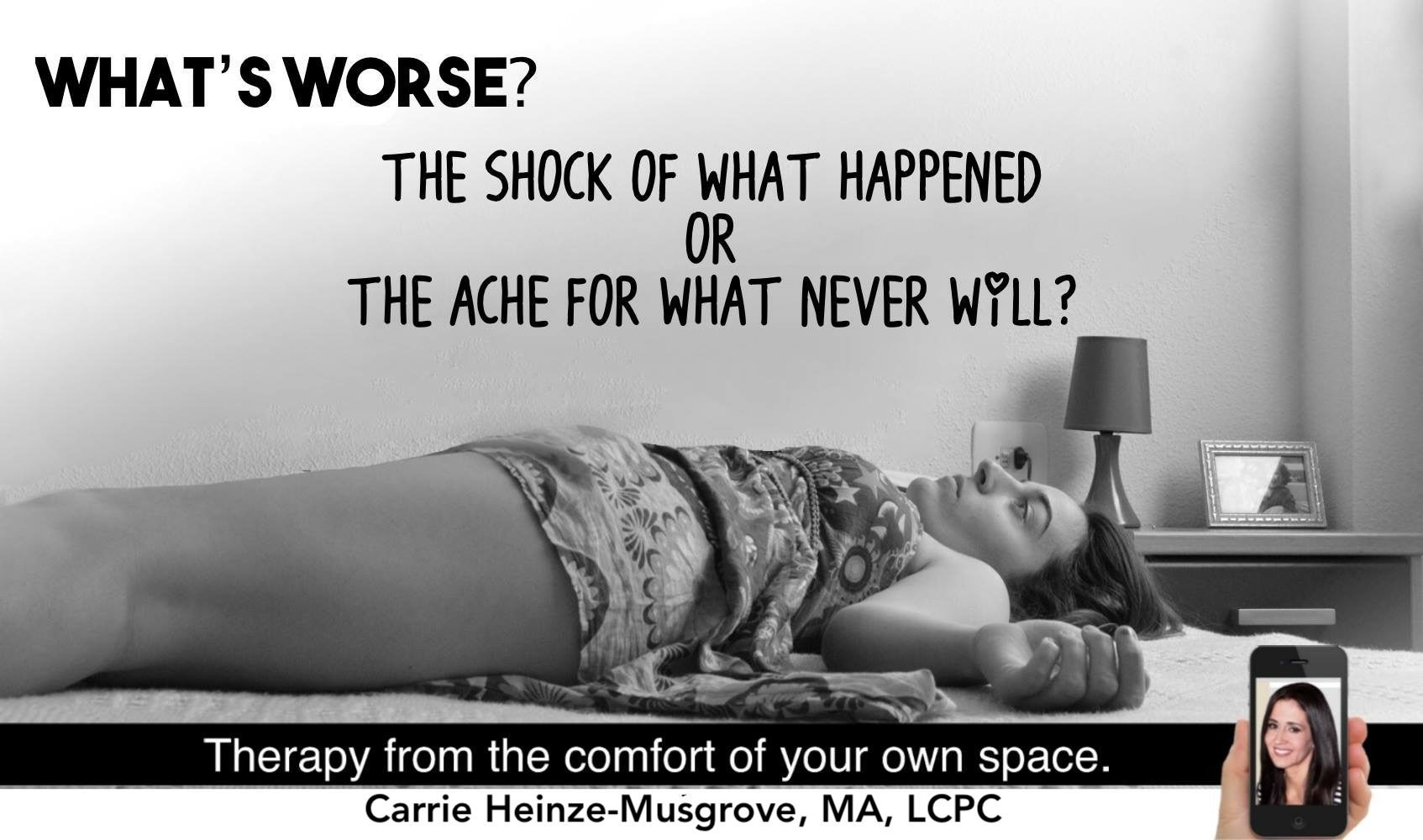What will your life be like when that traumatic event no longer interferes with your happiness?
Did your forever relationship just end? Maybe the boss you trusted suddenly fired you from your dream job. Have you experienced the death of a loved one? Perhaps you are going through a severe illness or experiencing financial stress.
Any experience can lead to emotional trauma if:
• it happened unexpectedly.
• it happened repeatedly.
• someone was intentionally cruel.
• it happened in childhood.
• you were unprepared for it.
• you felt powerless to prevent it.
Maybe you have tried to rationalize it using plausible arguments to justify it. When something bad happens that we find unacceptable, it is common to make up logical reasons that it happened.
Maybe you’ve told yourself “it’s not that bad after all.” Perhaps you’ve told yourself to “get over it” and “things will get better”. Maybe family and friends have told you “everything happens for a reason” or “snap out of it.”
However, if that’s the case, why can’t you seem to shake this?
While trauma is a normal reaction to a horrible event, the effects can be so severe they interfere with your ability to live a normal life. Are you having trouble functioning or feeling emotionally numb or disconnected from others? This isn’t something you can just snap out of.
Fear, anxiety and depression are not things you no longer feel just because you told yourself to stop. You cannot wish your way out of your inability to form close, satisfying relationships or simply hope that it goes away.
Maybe this thing was really bad after all and you need help acknowledging it and finding ways to cope with it. Therapy helps you restore yourself to a state of emotional well-being. Working with a therapist helps you carefully uncover past trauma and lessen its control over your present day choices. One of the most effective ways to respond to emotional pain is to learn how to regain your sense of self.
Carrie






